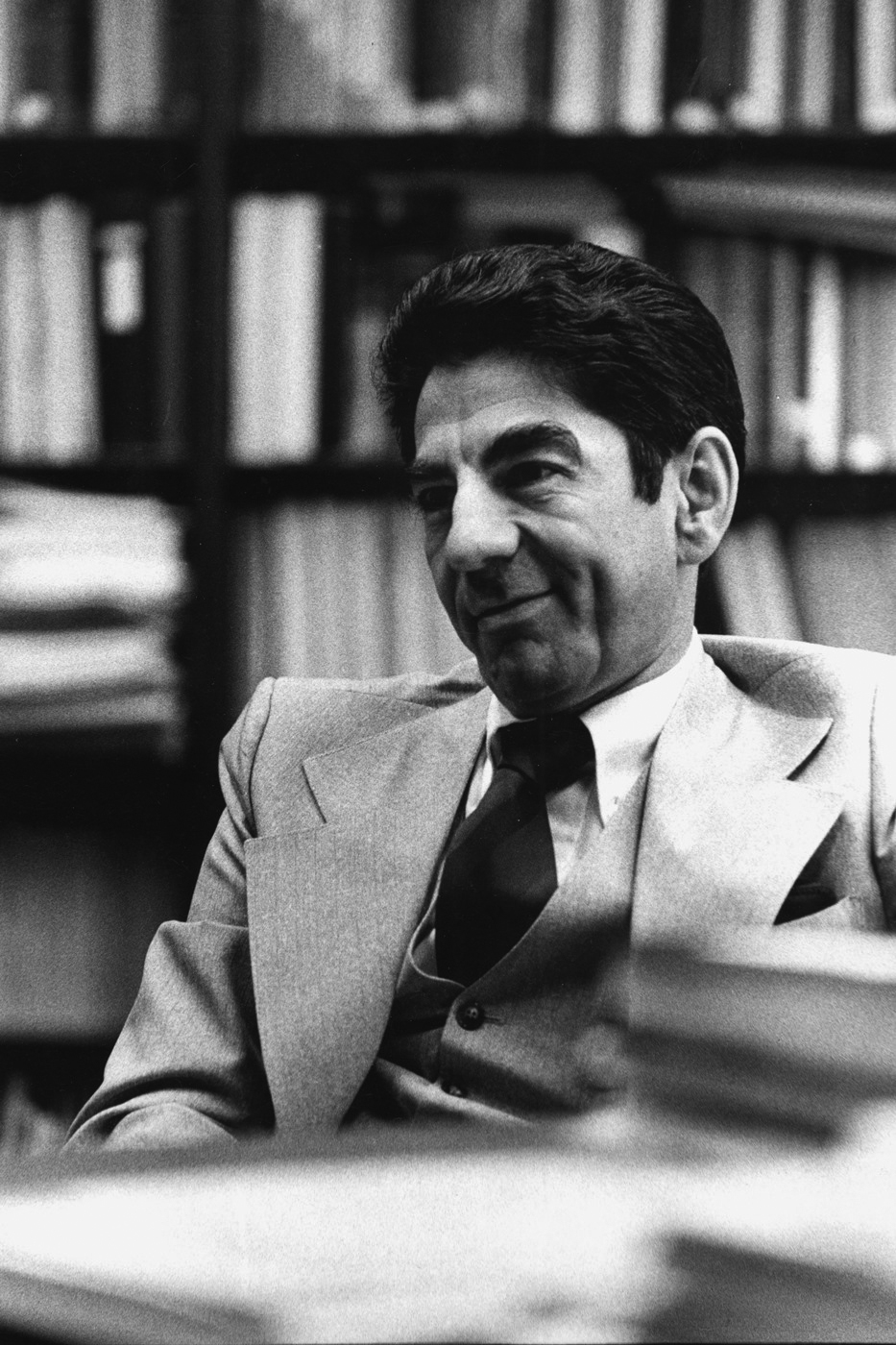Aug 18, 2014
 |
|
| Photo courtesy of Virginia Common-wealth University |
ASCO and the cancer community mourn the loss of Jesse Leonard Steinfeld, MD, who died on August 5, 2014, at age 87 from complications of a stroke. Dr. Steinfeld was an ardent advocate of building public awareness of the dangers of tobacco and smoking, a former U.S Surgeon General, and Past President of ASCO.
“I knew him to be a man committed to public health and absolutely dedicated to alerting the public to the dangers of cigarette smoking. He was particularly vociferous about the dangers smoking posed to women and their children,” said ASCO Past President David H. Johnson, MD, the Donald W. Seldin Distinguished Chair in Internal Medicine at UT Southwestern School of Medicine. “To those of us in the thoracic oncology world, he was a hero.”
Early life
Dr. Steinfeld was born January 6, 1927, in a town outside of Pittsburgh, Pennsylvania. Dr. Steinfeld excelled as a student, finishing high school at age 16, earning his college degree two years later from the University of Pittsburgh, and completing medical school at the age of 22.
In 1952, Dr. Steinfeld became an instructor in medicine at the University of Southern California (USC), before moving across the country to serve as a director of the Radioisotope Laboratory of the National Cancer Institute from 1954 to 1958. He returned to USC in the 1960s, before once again being tapped to return to the National Cancer Institute as Associate Director of Programs, and later, Deputy Director. Soon after, in 1969, President Richard Nixon appointed Dr. Steinfeld to the office of U.S. Surgeon General.
Legacy as Surgeon General
During his tenure as Surgeon General, the National Institute for Occupational Safety and Health and the National Health Service Corps were established. During this time Dr. Steinfeld also served as ASCO President (1970 to 1971). He is best remembered for public advocacy against cigarettes and tobacco.
Dr. Steinfeld had never been a smoker and soon began to continue the work of his predecessor, Luther Terry, MD, who issued the first Surgeon General’s Report on Smoking and Health.
Dr. Steinfeld wanted to increase the public’s awareness of the health dangers of cigarettes. In addition to discouraging people from smoking, he also publicly recognized the harm of secondhand smoke. In a speech prepared for the National Interagency Council on Smoking and Health Program in 1971, he wrote, “Nonsmokers have as much a right to clean air and wholesome air as smokers have to their so-called right to smoke … It is high time to ban smoking from all confined public places such as restaurants, theaters, airplanes, trains, and buses.”
Dr. Steinfeld argued for a nonsmokers' bill of rights, and changed warning labels of cigarette packages. In 1965, Congress began requiring that cigarette packages carry a health warning; however, it wasn’t until 1970 that this warning was made by the Surgeon General. By 1971, the warning labels read “The Surgeon General has determined that cigarette smoking is dangerous to your health.”
Dr. Steinfeld also played a small part in President Nixon’s 1971 declaration of war on cancer. According to Dr. Steinfeld, before his State of the Union address, President Nixon was seeking suggestions for a public initiative that he could announce that would have high visibility and low cost. Dr. Steinfeld suggested increasing the budget of the National Cancer Institute by 50%. In January 1971, Nixon announced that he would be increasing the agency’s budget from $200 million to $300 million, and in December 1971, he signed the National Cancer Act.
Later years
Dr. Steinfeld left the office of the Surgeon General in 1973. He served as the Director of the Mayo Clinic Comprehensive Cancer Center from 1973 to 1974, and then as Chief of Medicine at the Veterans Administration Hospital in Long Beach, California, from 1973 to 1976. He then served as Dean and Professor of Medicine at the School of Medicine of the Medical College of Virginia from 1976 to 1983. Dr. Steinfeld became President of the Medical College of Georgia in 1983, a position that he held until his retirement in 1987.
Throughout these years, Dr. Steinfeld remained an advocate for nonsmokers’ rights.
Dr. Steinfeld is survived by his wife, three daughters, and two grandchildren.
